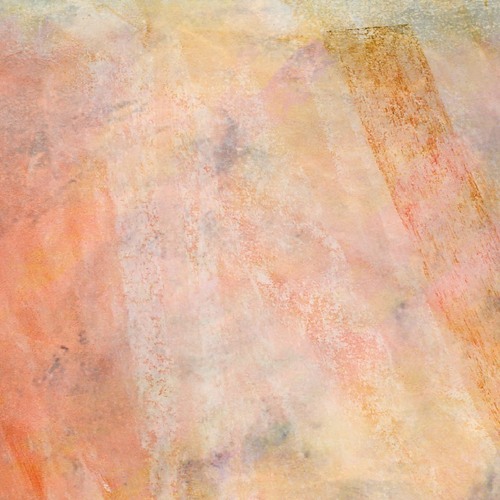Recently I came across a discussion on one of the Zen forums about appropriating Buddhism in the West, watering it down to meet western needs and making it into a a self help feel good thing. There was a link to this article https://lithub.com/how-a-poetry-coll...iterary-world/
about how the supposedly new translation of Therigatha turned out to be a reimagined poetry of a guy who couldn't get published under his own name.
It rings the bell with Jundo's Zazenkai talk about Heart Sutra and its origins. I'm glad to have come across a teacher who is a translator and who does such an amazing job at fact checking and confronting "fake buddhist news" online.
For me it shows the importance of the simultaneous practice and the Dharma study, because only through realised, experienced practice we can truly understand the meaning of the words.
Sorry for going over 3 sentences.
Gassho
Sat
about how the supposedly new translation of Therigatha turned out to be a reimagined poetry of a guy who couldn't get published under his own name.
It rings the bell with Jundo's Zazenkai talk about Heart Sutra and its origins. I'm glad to have come across a teacher who is a translator and who does such an amazing job at fact checking and confronting "fake buddhist news" online.
For me it shows the importance of the simultaneous practice and the Dharma study, because only through realised, experienced practice we can truly understand the meaning of the words.
Sorry for going over 3 sentences.
Gassho
Sat




Comment